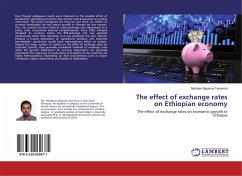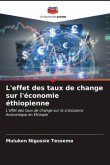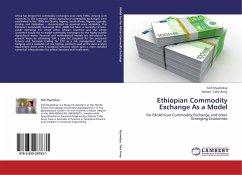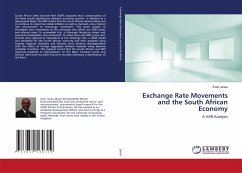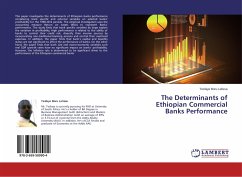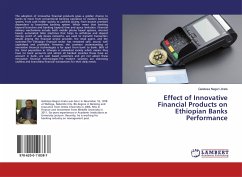Even though ambiguous results were observed on the possible effect of devaluation, developing countries have actively used devaluation as a policy instrument. This study investigates the long run and short run effects of currency devaluation on real output growth in Ethiopia for two reasons. First, the country has short story of using exchange rate adjustments as a policy tools to promote external competitiveness. Since 1992, Ethiopia devalued its currency where the ETB exchange rate was adjusted continuously rather than discretely, as it was previously the case. Second, Ethiopia is heavily dependent on agricultural products and imported intermediate goods that would have contractionary effect on output. Despite the large number of studies on the effect of exchange rates on economic growth, they generally considered channels of exchange rates while the growth implications of currency adjustments are generally overlooked.The responses of productions and exports of the countries are highly heterogeneous depending on their characteristics such as export orientation, import dependency and liability of dollarization.
Bitte wählen Sie Ihr Anliegen aus.
Rechnungen
Retourenschein anfordern
Bestellstatus
Storno

